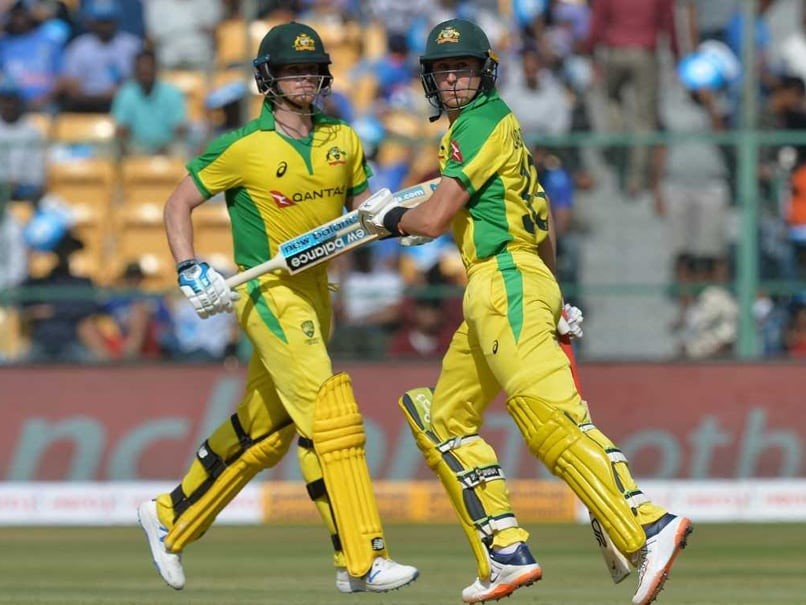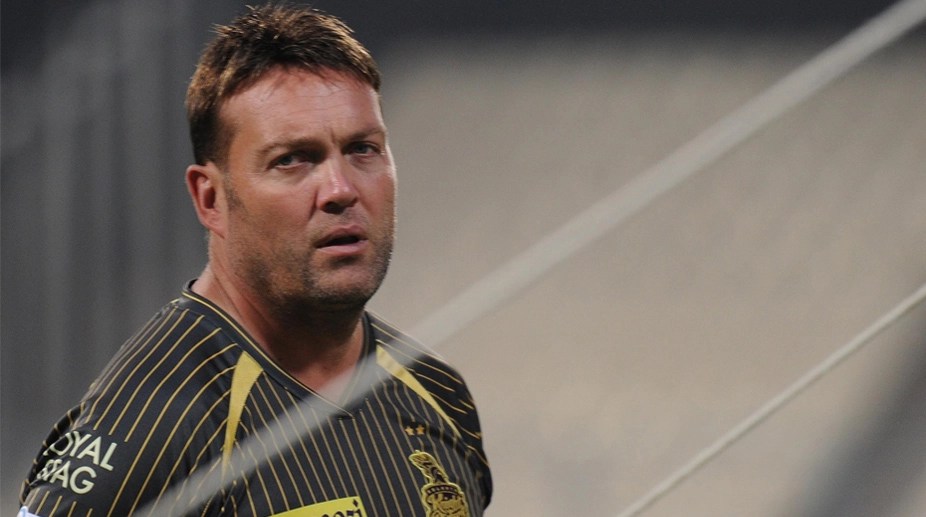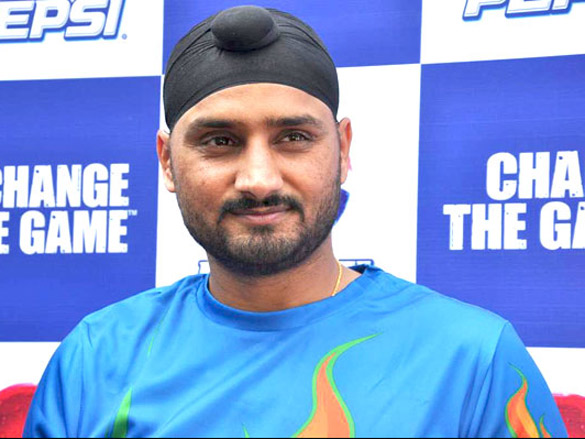
Gaming and Minecraft provide a learning tool for young girls as they develop global competencies, such as communication, collaboration, critical thinking and creativity.
Image: iStock
STEM-related fields traditionally have been a men’s bailiwick and there’s been a concerted effort to level the playing field. Dell Technologies Girls Who Game (GWG) is a program designed for young girls and underserved students across North America “to learn more about gaming and the use of Minecraft as a learning tool, while developing their global competencies, such as communication, collaboration, critical thinking and creativity,” said Dell’s GWG website.
Katina Papulkas, an educational strategist with Dell was a key component in getting the pilot off the ground, which gives girls a personalized, safe and supportive community, as well as access to practice with coaches, mentors and role models. The adults engage the players and “build their self-efficacy and confidence,” the site explained. “By the end of the club term, the players have a greater self-awareness of their improved knowledge, skills and dispositions, and are empowered to become leaders in [STEM]-related fields and the growing esports movement across the education landscape.”
“Girls Who Game is an after-school program for young girls and underserved K-12 students across the US and Canada,” said Papulkas, “The program provides them with the opportunity to learn more about STEM through gaming. We use Minecraft Education Edition as a fun learning tool to help students develop real-world skills like communication, collaboration, creativity and critical thinking. By engaging successful women in STEM as coaches and mentors, we hope to create a safe and supportive girl-centric ecosystem that enables girls to become autonomous and confident. Less than half of high school girls know a woman in a STEM career, and we know how important representation is. These relationships give girls amazing role models and show them what is possible. By the end of the club term, our goal is to help students build a network of long-lasting relationships and develop greater self-awareness, while empowering them to continue growing in STEM.”
SEE: TechRepublic Premium editorial calendar: IT policies, checklists, toolkits, and research for download (TechRepublic Premium)
A primary goal is to engage female students in learner-driven experiences that broaden their knowledge, skills and dispositions within STEM-related fields, and GWG does this by promoting computational thinking skills and coding within a game-based learning environment. It increases awareness and improves “global competencies by providing experiences for students to develop and practice their collaboration, communication, creativity, self-regulation, citizenship and critical thinking and problem-solving skills,” according to the site.
“We focus on underserved students and ask district leaders and teacher champions to connect with girls that might not usually have the option to participate in a STEM activity or camp and those that would benefit from this type of program,” Papulkas said.
The mentorships encourage girls to pursue awakened interest in the STEM fields as well as inspire, educate and equip participating girls “with authentic application of necessary knowledge, skills and dispositions to be successful in STEM fields and provides opportunities for students to develop their leadership and mentorship skills within the program.”
The program has been successful in pilot schools and the efforts to cultivate “a community to support building relationships, amplifying success and promoting reflection for continued growth and ongoing feedback” is highlighted.
Because STEM has been so dominated by men, GWG hopes to develop “a girl-centric ecosystem that empowers girls to learn from each other and build their confidence in a STEM-focused space.” It will provide professional development to build knowledge, confidence and advocacy in STEM disciplines, as the mentors develop materials and resources to “highlight program offering and amplify outcomes” in a resource hub for club sponsors and mentors to connect and communicate.
“Our overarching goal has always been to engage young girls early on to develop their skills, build their self-efficacy and confidence, and to realize their full potential,” Papulkas said. “With this program, that has translated to encouraging more young girls to explore STEM careers. Although our goals with this program will always remain the same, the way in which we’re able to achieve them has changed as our students have shifted to virtual learning.”
She also cited that last spring, GWG shifted to a successful fully virtual model, which evolved into the fall/winter. There was a combination of on-site, fully virtual and a hybrid models, depending on each district’s guidelines in compliance with the CDC.
GWG also aims to build capacity with female educators on how to effectively integrate game-based learning into their core content curriculum. As many as two-thirds of elementary-aged children are interested in science, but (and this is a big but) as they enter middle school, the percentage of interested girls falls dramatically.
GWG’s website revealed that, even though women constitute 50% of the overall workforce, there are only 28% of them in the science and engineering workforce. Female minorities are gaining traction, as 11% of STEM jobs are held by female minorities. This is notable because the report found that less than 50% of high school girls know a woman in a STEM career.
Girls Who Game has been in 130 school districts across the United States and Canada, Papulkas said, “COVID-19 presented a major challenge for us, but we are agile and have been able to meet the needs of the club by virtually offering our support. We have also been able to accommodate the needs of each school system according to their guidelines, some clubs are able to meet on-site, some are completely virtual and some are a mix.”
Any young woman interested in the STEM field should consider looking for a program nearest her. “We’re always looking to engage more women mentors to inspire our young girls and we want to make the process as easy as possible,” Papulkas said. “We have an application form set up, all you have to do is provide your email to indicate interest, then someone from the team will reach out to talk through next steps.”
The companies partnered in the program are: Dell, Microsoft, Intel, Minecraft and Ontario Science Centre.
24World Media does not take any responsibility of the information you see on this page. The content this page contains is from independent third-party content provider. If you have any concerns regarding the content, please free to write us here: contact@24worldmedia.com

Marnus Labuschagne Caught Off-Guard By ODI Captain Call After Steve Smith Snub

Everyone Is Looking Forward To It, The Standard Will Be Very High – Jacques Kallis On CSA’s SA20

Danushka Gunathilaka Granted Bail On Sexual Assault Charges

Ramiz Raja Sends Legal Notice To Kamran Akmal For Defamatory, False Claims Against The Board

Harbhajan Singh Reckons Mumbai Indians Should Release Kieron Pollard Ahead Of The IPL Auction 2023

Ian Bishop Praises Sam Curran For His Performances On Bouncy Australian Tracks

Why Choose A Career In Child Psychology?